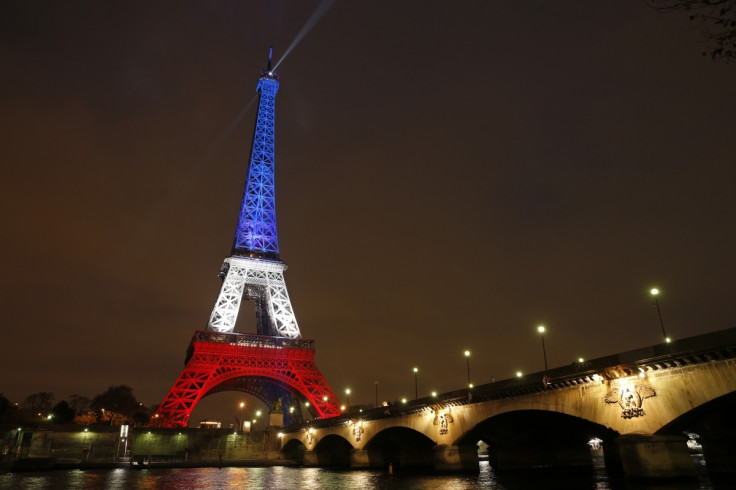Paris attack: Islamic State's pledge to attack Washington is little more than a boast

Headlines across all major media outlets have reported today that the Islamic State (IS) has threatened an "attack on Washington." The reports have referred to a video released today by IS and have implied its threats as a revelation of coming attacks, further rattling the nerves of a public still in shock from the Paris attacks.
While the video these articles refer to are, by definition, threats, these particular videos are mere celebrations, and do not represent any concrete development in the ongoing threat from IS. That stated, these threats need to be placed in perspective—not blown out of proportion.
IS' November 13 attacks on Paris was perhaps the West's most violent reminder that we must address this problem, but it should not come without a strong and measured perspective of the group's propaganda.
Indeed, IS released two videos today of fighters in the group's Salah al-Din and Kirkuk Provinces in Iraq celebrating the Paris attacks and calling for more. The stand-out quote picked up by the media came from the 11 minute, 41 second video from Salah al-Din, wherein a fighter stated: 'So we say to the countries that participate in the Crusader campaign: By Allah, you will have a day like that of France. By Allah, if we brought down France in its homeland, in Paris, then we swear, by the command of Allah, we will attack America in its heartland, in Washington, Allah permitting.'
Such rallying threats are routine in ISIS releases after it pulls off attacks (and even when it doesn't). IS releases, as well as chatter from its fighters, have long called for lone wolf operations inside of America, claiming that they will eventually place the group's black flag atop of the White House.
For example, a very similar video was released on June 5, 2015, wherein an IS fighter asserted, "We will raise the [Black Standard flag] above Jerusalem and the White House." Similarly, IS fighters swore of "coming" attacks on Washington this past Fourth of July: The list could go on.
We've seen the consequences of Islamic State's (IS) rhetoric time and time again: a call for attack sparking what would become a shoot-out in Garland, Texas; YouTube videos and online chatting gradually turning normal Colorado girls into an aspiring IS brides; and a propaganda machine of terror pulling Westerners onto Syrian front lines like magnets.
IS' November 13 attacks on Paris was perhaps the West's most violent reminder that we must address this problem, but it should not come without a strong and measured perspective of the group's propaganda.
Given the magnitude of the Paris attacks, I'm sure there are plenty of similar releases yet to come from the group. There is no doubt a strong link between words and actions when it comes to IS, and these threats that must be taken seriously. But, despite the power that such releases might have, they are nothing new, and we shouldn't mistake rhetoric for legitimate intelligence.
© Copyright IBTimes 2025. All rights reserved.






















